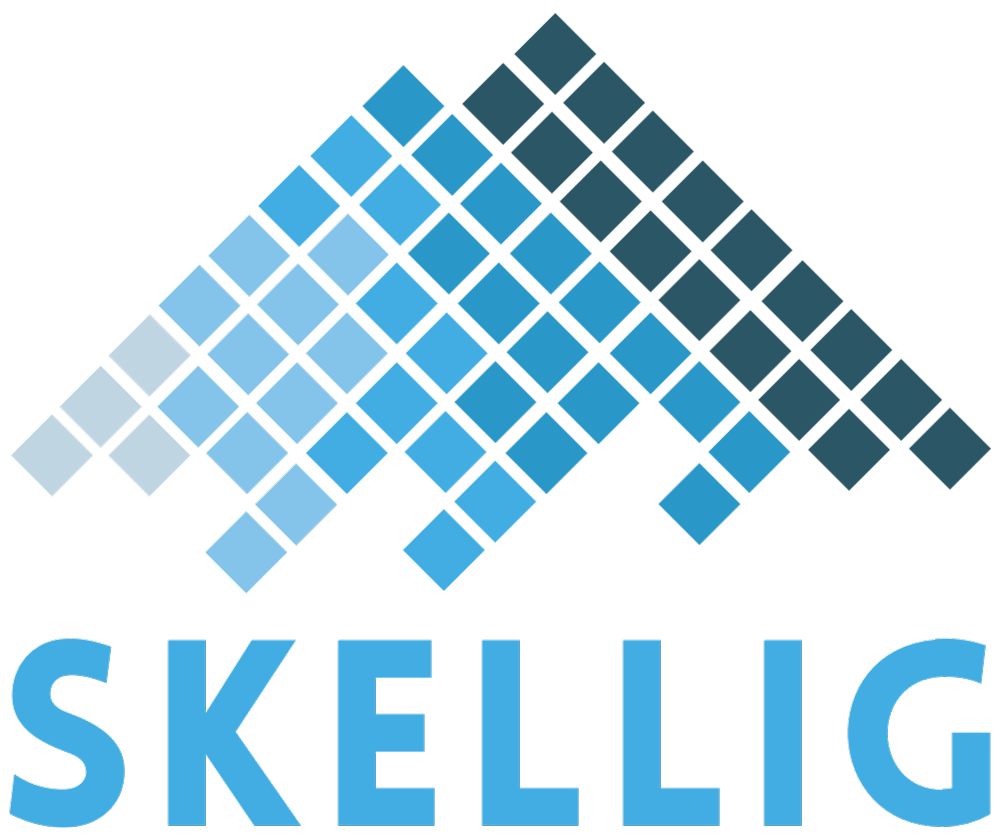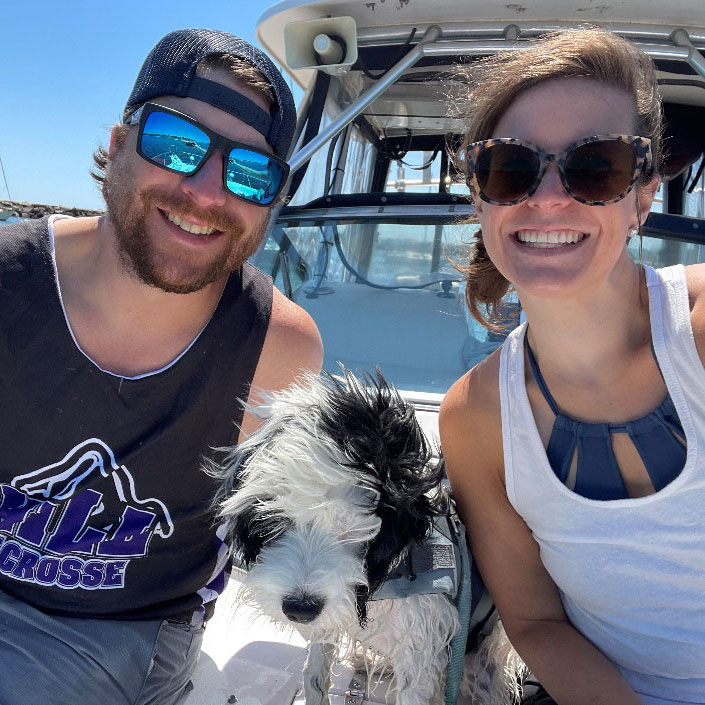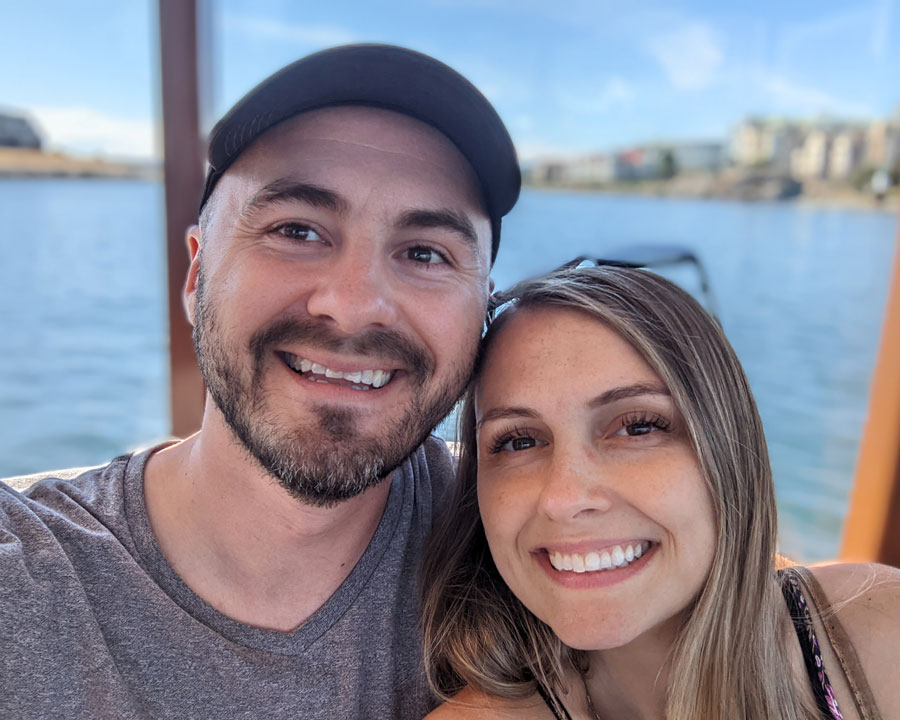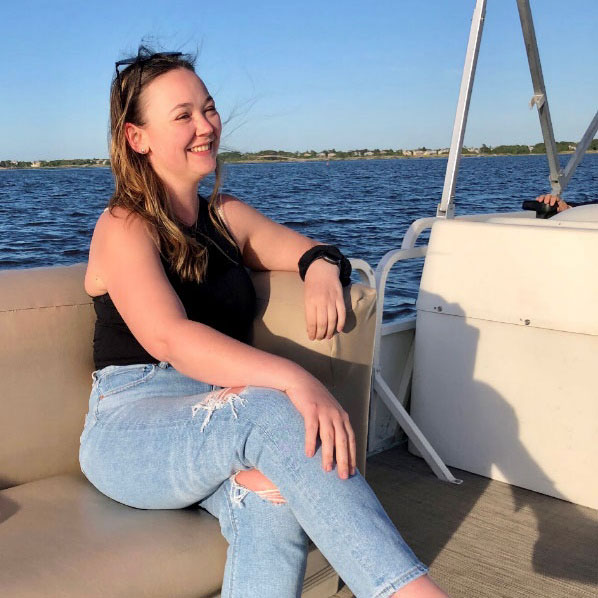Brandon Copeland – Automation Engineer
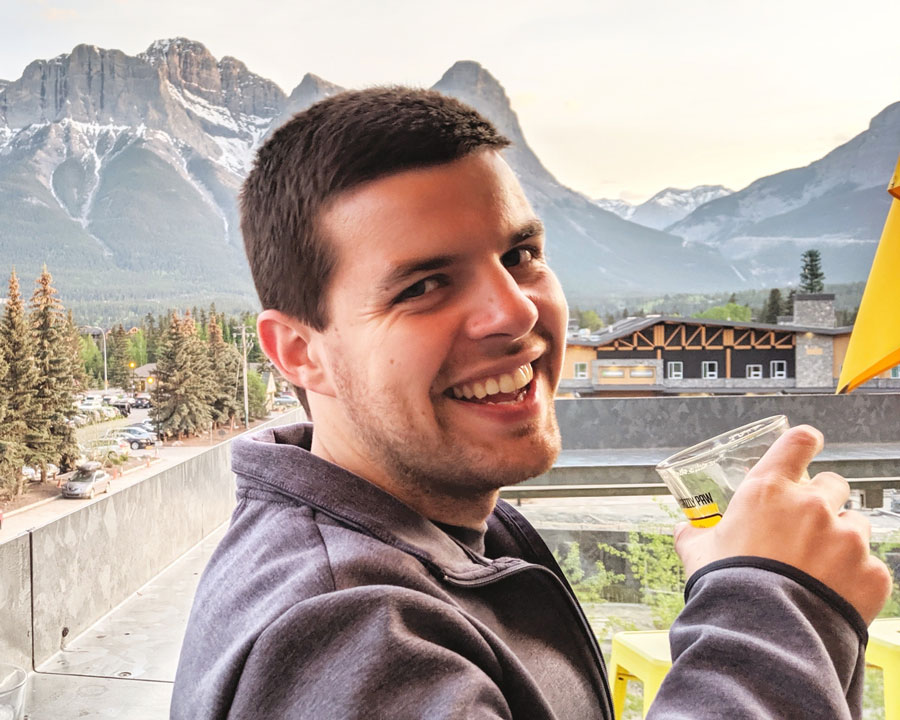
1. How did you find Skellig?
I actually was reached out to by a recruiter on LinkedIn, which is something that happens often and I normally just respond kindly with “Sorry I’m not looking for new opportunities at this time.” But the opportunity he had for me seemed almost too good to be true, and the timing was great because I was looking to make a career move.
2. What do you think makes a good engineering team?
A good engineering team traditionally is seen as a group of independently talented, well-trained individuals who can accomplish the tasks provided them efficiently and within project guidelines. That’s why to get a job you provide a resume with your own personal accomplishments to try to convince an employer you can do the job.
However, what truly makes a good engineering team are individuals who are ready and willing to share their expertise and personal industry experience with others to help the collective team. Hand in hand with this notion is finding a team of talented engineers who are not too proud to continue learning new things – for instance, a senior engineer with 15 years of experience who is willing to learn and grow from someone with 2 years of much different but relevant experience. To be an engineer at your core is to subscribe to a lifetime of learning. If you “know it all”, then you have just decided to stop learning and you probably are not good to work with, bringing the team down with you. We’ve all seen it happen…
3. What do you find meaningful about your work?
When you’re working on different projects, you may not always be invested in the end product. In my case, I’m currently working with a client helping them with their automation needs related to a vital vaccine, so there is instant meaning and impact there.
However, on a more reliable basis I find solving complex problems as a team effort immensely satisfying. The team aspect is important because when you get a win, like successfully finishing a project, or meeting the customer’s needs with slick, future-proof configuration, it’s always better when you share the win with the team. Working in a bubble isn’t nearly as productive, and while it might not be the intention, it can come off as vanity. Solutions that have passed through multiple hands and varying perspectives will always come out better on a consistent basis and will lead to more wins for the team as a whole.
4. What keeps you at Skellig?
I think there are two parts, the first of which is increasingly rare to find; the management at Skellig genuinely care about their employees. It almost feels like Skellig is an experiment at times. “What would happen if we brought together really great engineers, paid them well, gave them autonomy over their work life and gave them challenging work to tackle?”
The experience is focused on the engineer first and foremost which has been the opposite experience of every company I’ve worked for in the past. At Skellig, the focus is on management giving you the tools, benefits, and lifestyle that you need to do good work, where at most companies the focus is on how little can they get away with giving you to pad the pockets of the machine and those at the top.
The second part is that the people at Skellig are great. I enjoy going to work everyday, jumping on calls with the team and working through problems in a cooperative environment. I think everyone that’s a part of Skellig can feel the good energy, and also expects a bright future for the company. Attrition is low because you’d be hard pressed to find a better place to work. You feel like a human being rather than a number. And that’s something I think everyone tries to work hard to protect – show up, have a positive attitude, and treat each other with respect so that this culture remains as the company scales.
